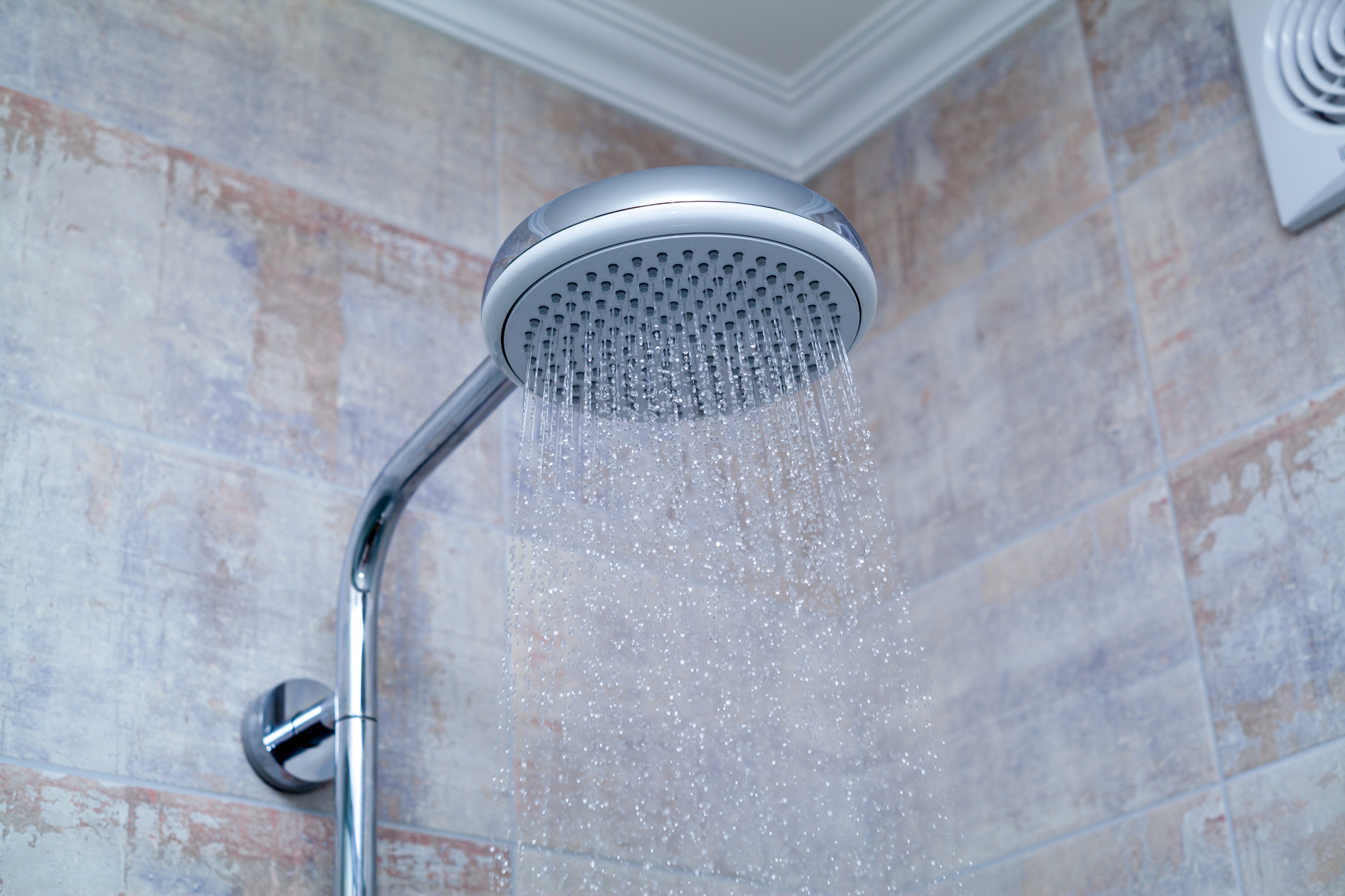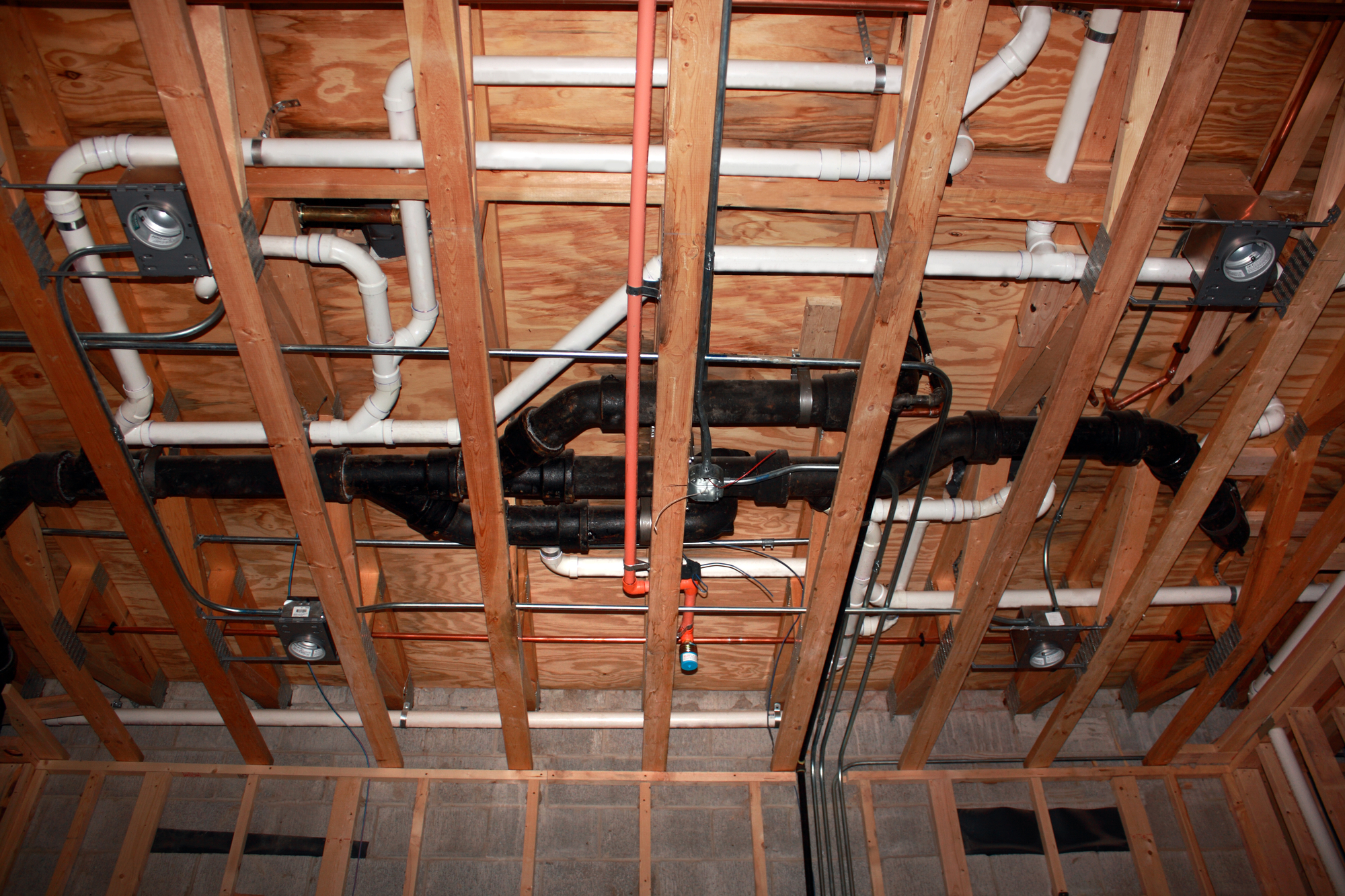As a plumbing company, we understand that many of our customers may not be familiar with some of the technical terms related to our services, which is why we take it upon ourselves to provide regular educative content to help them understand their plumbing systems and make informed decisions.
One popular plumbing topic of 2022 is the importance of water conservation, which has become a concern for many households due to the increasing prices of water and the growing need to conserve our natural resources. Water conservation is more than just fixing leaky taps; it involves understanding your lifestyle and making changes where necessary.
In this article, we will explore some of the ways in which you can conserve water in your home, not only to save on utility bills but also to protect the environment.
Install low-flow fixtures
Low-flow fixtures are designed to reduce water consumption by regulating the flow rate of water without compromising performance. You can install low-flow showerheads, faucets, and toilets to help reduce your household’s water usage. According to the Environmental Protection Agency (EPA), low-flow toilets can reduce water usage by up to 20 percent compared to older models.

Another benefit of installing low-flow fixtures is that you can qualify for rebates from your local utility company, which can help offset the cost of installation.
Fix leaks promptly
Leaky faucets and pipes can waste a significant amount of water over time. According to the EPA, a single faucet dripping at a rate of one drip per second can waste up to 3,000 gallons of water per year. It is, therefore, essential to fix leaks promptly and regularly inspect your plumbing system for any potential leaks.
Upgrade your appliances
Water-efficient appliances such as dishwashers and washing machines can help reduce your household’s water usage. Modern models are designed to use less water while achieving the same level of cleaning performance as their older counterparts. Suppose you are in the market for new appliances. In that case, you can look for those with Energy Star labels, which means they have met the EPA’s strict energy and water efficiency standards.

Collect and reuse rainwater
Rainwater harvesting involves collecting and storing rainwater for future use. You can collect rainwater from your roof using a rain barrel or a larger water tank, which can be used for irrigation, flushing toilets, or washing clothes. Collecting and reusing rainwater not only helps conserve water but also reduces the strain on municipal water systems.
Change your habits
Simple changes in your daily routine can go a long way in conserving water. For instance, turning off the tap while brushing your teeth or shaving can save gallons of water per day. You can also limit the time spent in the shower and fix a timer to ensure you stick to a set time limit. Additionally, you can collect and reuse water that would otherwise go to waste, such as water used for rinsing fruits and vegetables or boiling pasta.
In conclusion, water conservation is crucial not only for saving on utility bills but also to protect our natural resources and the environment. By implementing some of the measures highlighted in this article, you can help reduce your household’s water usage significantly. If you have any questions or need help with water conservation, do not hesitate to give our plumbing experts a call at (844) 711-1590 or visit us online at aceplumbingrepair.com.





